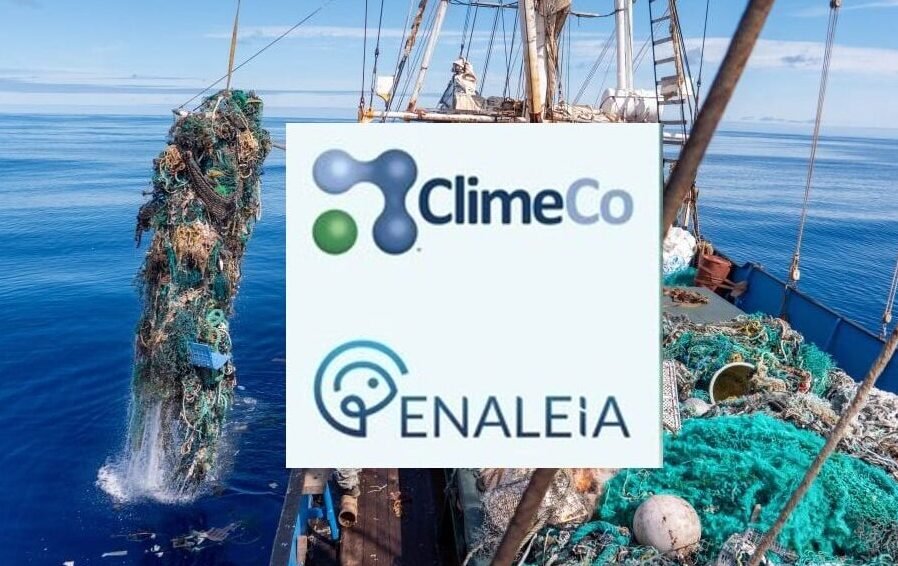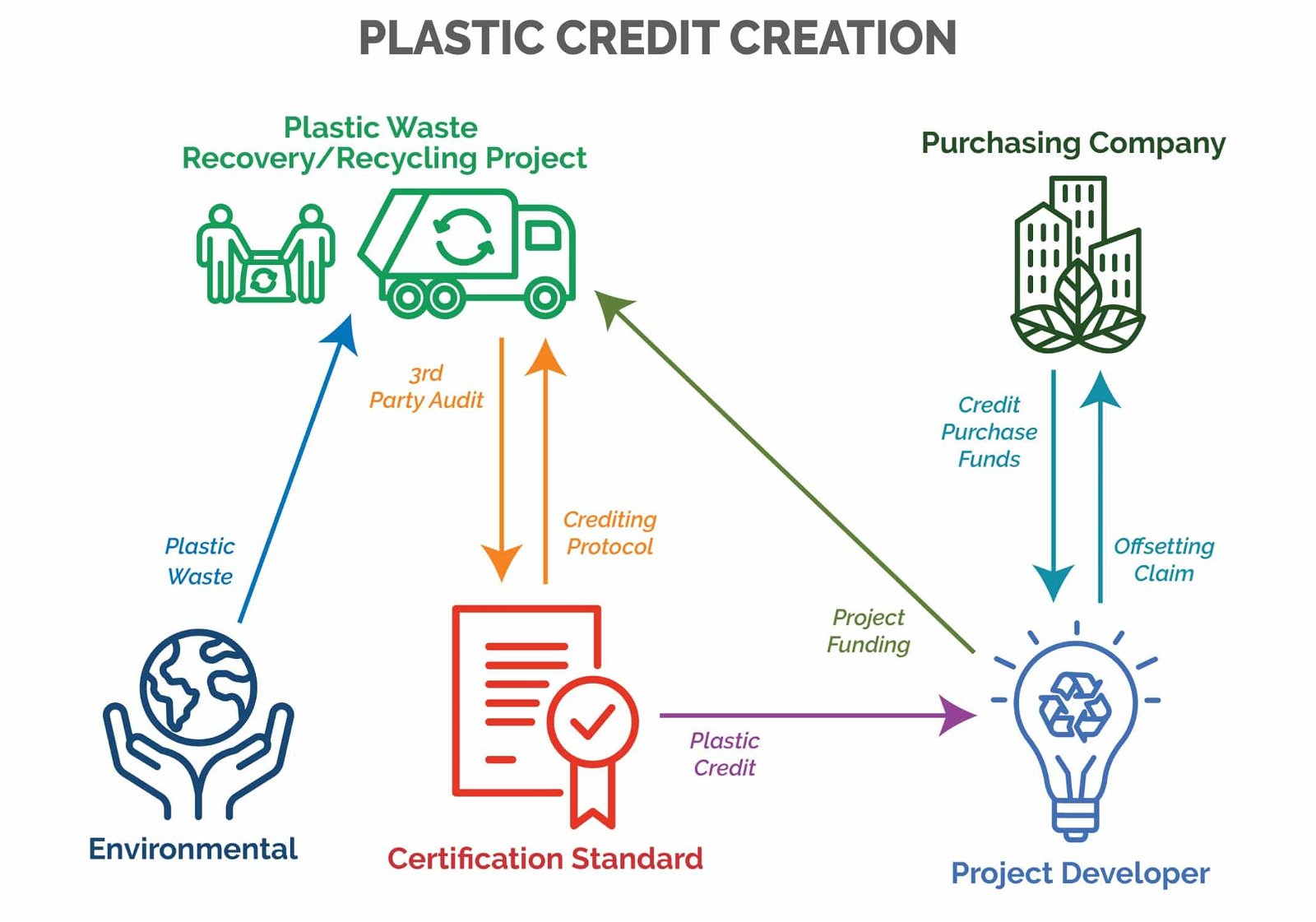ClimeCo has partnered with Enaleia to tackle plastic pollution in Kenya via a plastic collection project producing plastic credits under Verra.
ClimeCo is a global sustainability company advancing the low-carbon future with market-based solutions. It’s a leading firm in the management and development of environmental commodities.
Enaleia is a non-profit social enterprise addressing two problems for the marine environment – overfishing and plastic pollution. It works with coastal communities and teaches them practices that preserve fish populations while removing piles of plastic from the seas.
ClimeCo’s additional funding will support Enaleia’s newest plastic project in Kenya. This deal between the two companies will produce plastic credits under Verra’s Plastic Program.
ClimeCo, Enaleia, and Plastic Credits
For ClimeCo’s director of Plastic Program, Chris Parker, a plastic credit is:
“… an environmental commodity that represents the collection or recycling of one tonne of plastic material, which companies use in their ESG, CSR, and sustainability programs… Our approach is to create a system solution to the ocean plastic challenge.”
According to a study, humans produced about 460 million tons of plastics in 2019. This rate will grow even more despite the increasing use of plastic recycling technologies.
Some firms are recycling carbon dioxide to make plastics like polymers and earn credits out of it. In fact, ~ 250,000 metric tons of CO2 are being used as a raw material in polymer manufacturing each year.
This forms part of their ESG strategy to make operations become sustainable.
In the case of Enaleia and ClimeCo, plastic credits will be from collecting plastic wastes in vital fishing areas in Kenya.
- With ClimeCo’s funding and the sale of the credits, Enaleia can collect 1,000-3,000 tonnes of plastic a year.
Enaleia works with ClimeCo and the Kwale Recycling Center in Kenya to collect and integrate plastic into the circular economy.
Other professional experts in sustainable development are also taking part in the project.
Plastic Project in Kenya
The Kenya plastic project supports 350+ fishers in Kwale County by empowering them to collect plastic wastes in land and ocean. These include abandoned nets, gear, and marine litter.
- Around 20% of ocean plastic is fishing gear.
The number of fishermen will increase to 800 from the coastal communities in the following months.
The collected waste will then go to Kwale Recycling Center. It’s a local collection and recycling company that processes plastics into useful materials and products.
Plastic wastes are recyclable into various consumer goods like clothes, shoes, packaging, bags, rugs, bottles, and more.
The Plastic Credit Model
As per Lefteris Arapakis, Enaleia’s Co-Founder and Director:
“Through the plastic credit model, we can set up large-scale plastic cleanup projects that can create a real impact on our oceans… by empowering the fishing communities at this scale, we can not only clean up significant amounts of plastic but also prevent further ocean plastic pollution…”
Enaleia’s project incentivizes the fishing community to use more sustainable fishing practices. For instance, fishers can reduce overfishing by limiting their activities while collecting plastic.
The project also provides a supplemental income to a community seeing some of the highest poverty rates in Kenya.
Here’s how plastic credit creation works.
Under Verra’s Plastic Program, projects that collect plastic from the environment may be issued Waste Collection Credits (WCCs). Whereas projects that recycle plastic may be issued Waste Recycling Credits (WRCs).
Together, these credits are known as Plastic Credits. They’re confirmed via the project validation and verification process.
- Each plastic credit represents one tonne of plastic waste that would otherwise have not been collected or recycled.
The end user can buy and retire plastic credits to offset their plastic waste footprint. All plastic credit issuance and retirement records are available on the Verra Registry.
The ClimeCo and Enaleia project will generate plastic credits called WCCs.


